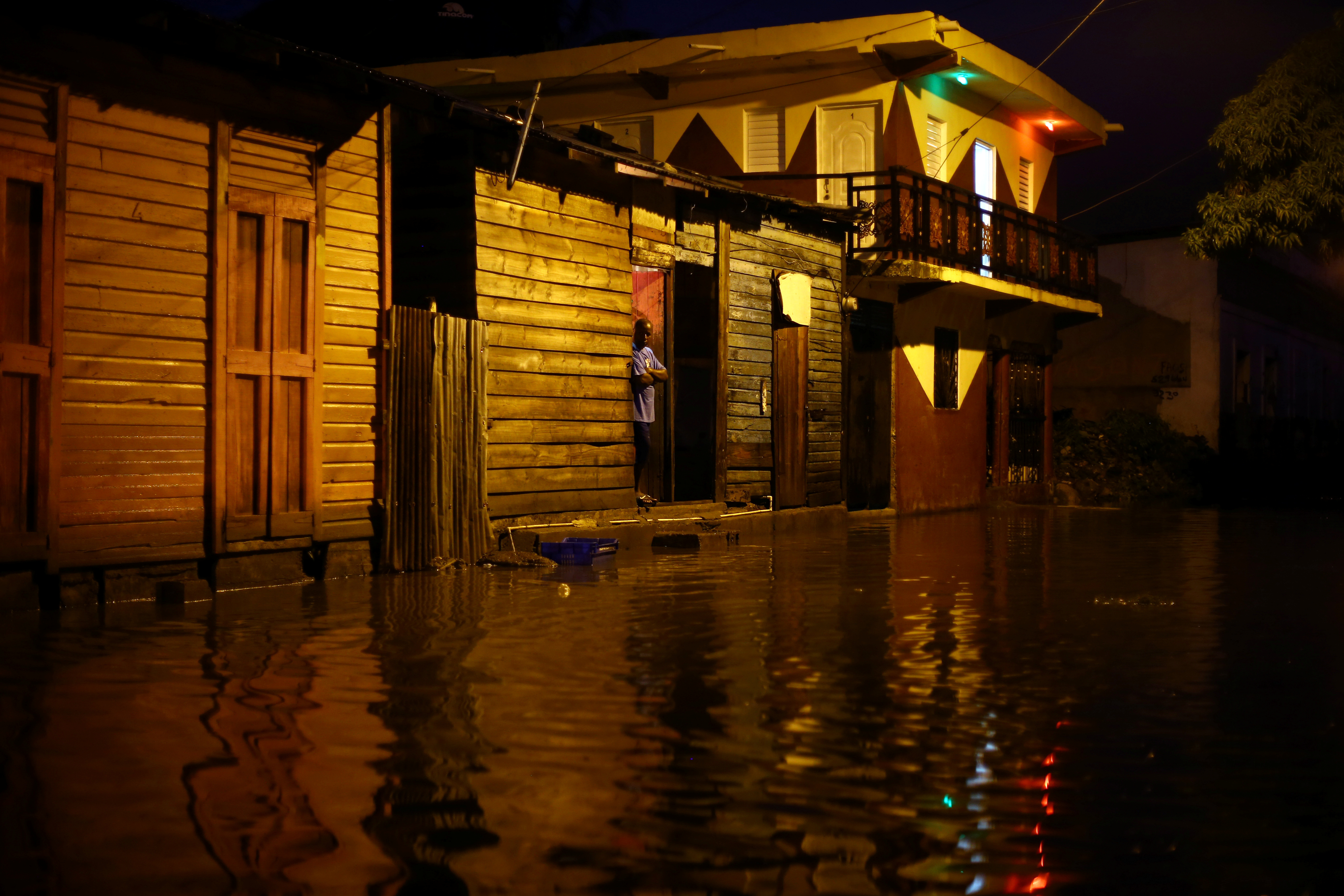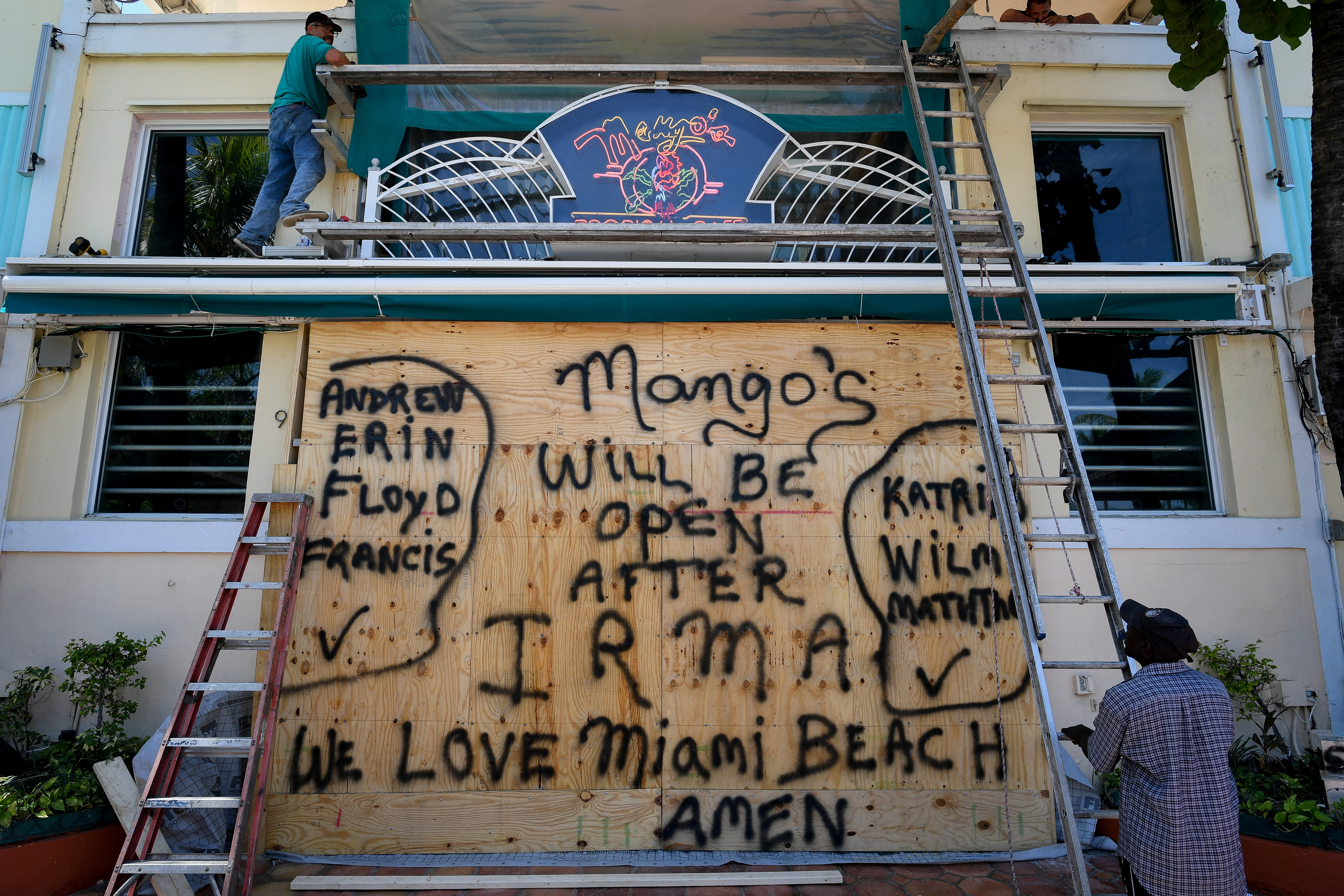
By Lawrence Hurley
WASHINGTON (Reuters) – U.S. Supreme Court Justice Anthony Kennedy on Monday provided a temporary reprieve for President Trump’s order blocking most refugees from entering the United States, putting on hold a lower court’s ruling loosening the prohibition.
Kennedy’s action gave the nine justices more time to consider the Justice Department’s challenge filed on Monday to the lower court’s decision allowing entry to refugees from around the world if they had a formal offer from a resettlement agency. The full Supreme Court could act within days.
The Justice Department opted not to appeal another part of last Thursday’s ruling by the San Francisco-based 9th U.S. Circuit Court of Appeals that related to Trump’s ban on travelers from six Muslim-majority nations. The 9th Circuit ruling broadened the number of people with exemptions to the ban to include grandparents, aunts, uncles and cousins of legal U.S. residents.
Without Kennedy’s intervention, the appeals court decision would have gone into effect on Tuesday. Kennedy asked refugee ban challengers to file a response to the Trump administration’s filing by noon on Tuesday.
Under the 9th U.S. Circuit’s ruling, up to 24,000 additional refugees would become eligible to enter the United States than otherwise would be allowed, according to the administration.
Trump’s March 6 order banned travelers from Iran, Libya, Somalia, Sudan, Syria and Yemen for 90 days and locked out most aspiring refugees for 120 days in a move the Republican president argued was needed to prevent terrorist attacks.
The order, which replaced a broader January one that was blocked by federal courts, was one of the most contentious acts of his presidency. Critics called it an unlawful “Muslim ban” that made good on Trump’s promise as a candidate of “a total and complete shutdown of Muslims entering the United States.”
The broader question of whether the travel ban discriminates against Muslims in violation of the U.S. Constitution, as lower courts previously ruled, will be argued before the Supreme Court on Oct. 10.
The Supreme Court in June partially revived the order after its provisions were blocked by lower courts. But the justices said a ban could be applied only to those without a “bona fide” relationship to people or entities in the United States.
New litigation was brought by Hawaii over the meaning of that phrase, including whether written assurances by resettlement agencies obligating them to provide services for specific refugees would count.
Hawaii and other Democratic-led states, the American Civil Liberties Union and refugee groups filed legal challenges after Trump signed his order in March.
“The Trump administration has ended its odd and ill-advised quest to ban grandmas from the country,” Hawaii Attorney General Douglas Chin said on Monday.
“With respect to the admission to the United States of refugees with formal assurances and the Supreme Court’s temporary stay order, each day matters,” Chin added, promising to respond soon to the administration’s filing.
In court papers filed earlier on Monday, the Justice Department said the 9th Circuit refugees decision “will disrupt the status quo and frustrate orderly implementation of the order’s refugee provisions.”
Omar Jadwat, an ACLU lawyer, contrasted Trump’s efforts to keep alive his travel ban with the Republican president’s decision last week to rescind a program that protected from deportation people brought to the United States illegally as children, dubbed “Dreamers.”
“The extraordinary efforts the administration is taking in pursuit of the Muslim ban stand in stark contrast to its unwillingness to take a single step to protect 800,000 Dreamers,” Jadwat said.
(Reporting by Lawrence Hurley; Editing by Will Dunham)










